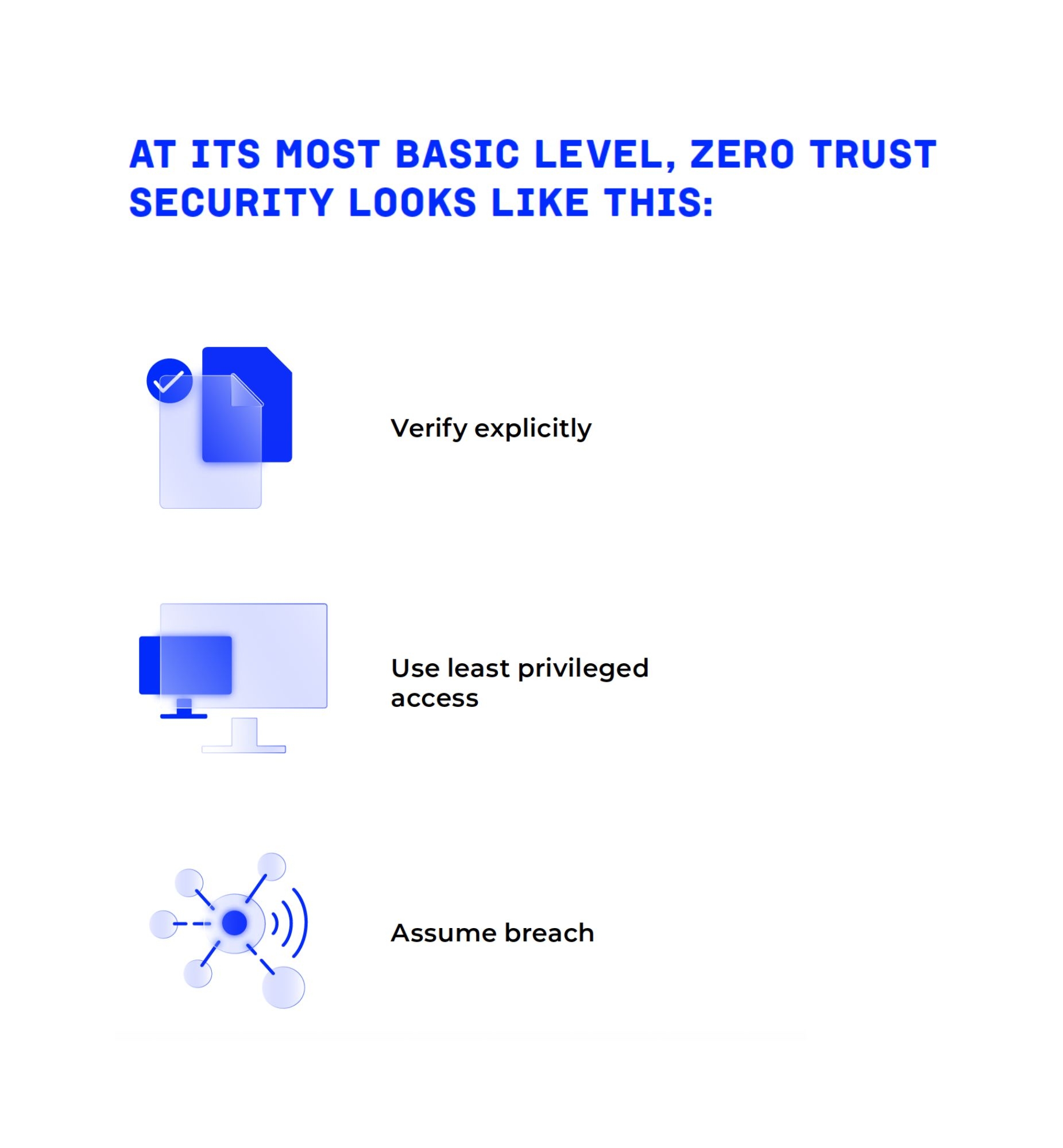“Ransomware can be introduced into your environment in many ways. If we assume that ransomware can get into your environment – an assumption you should default to – then implicit trust is no longer an option,” says Datacom Director, Connectivity & Security, Matthew Evetts. “You have to take a Zero Trust approach and question every actor and action.
With ransomware attacks constantly evolving he says endpoint protection, particularly of staff devices and servers, is an essential line of defence and a critical part of a Zero Trust approach.
“Protection and monitoring across an organisation’s whole ecosystem are often lacking. Attackers and the ransomware packages they deploy are specifically looking for the unprotected parts – the gaps in your defence.”
Matthew Evetts shares a range of ransomware insights and observations in the ebook “Fighting ransomware requires a Zero Trust approach”, developed by Datacom with cybersecurity software partner Check Point.
The ebook also outlines ten reasons a Zero Trust cybersecurity approach is effective in combating ransomware attacks, including the fact it promotes network micro-segmentation, where the network is divided into smaller segments with strict access controls.

